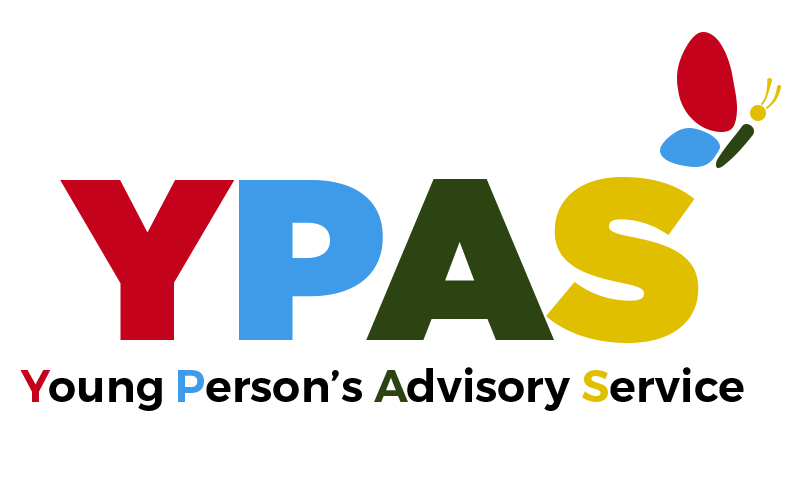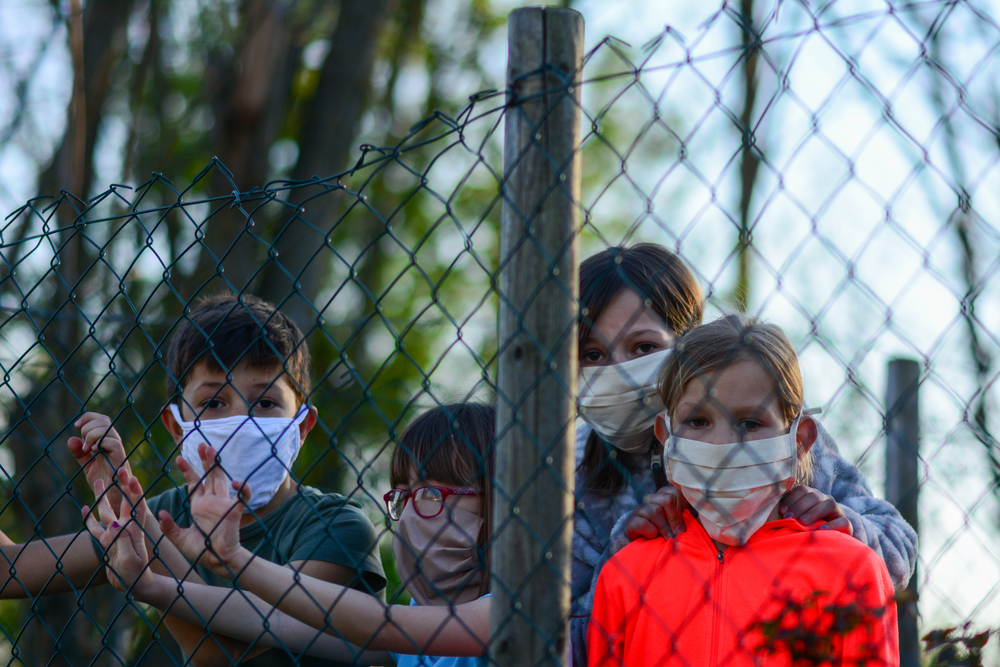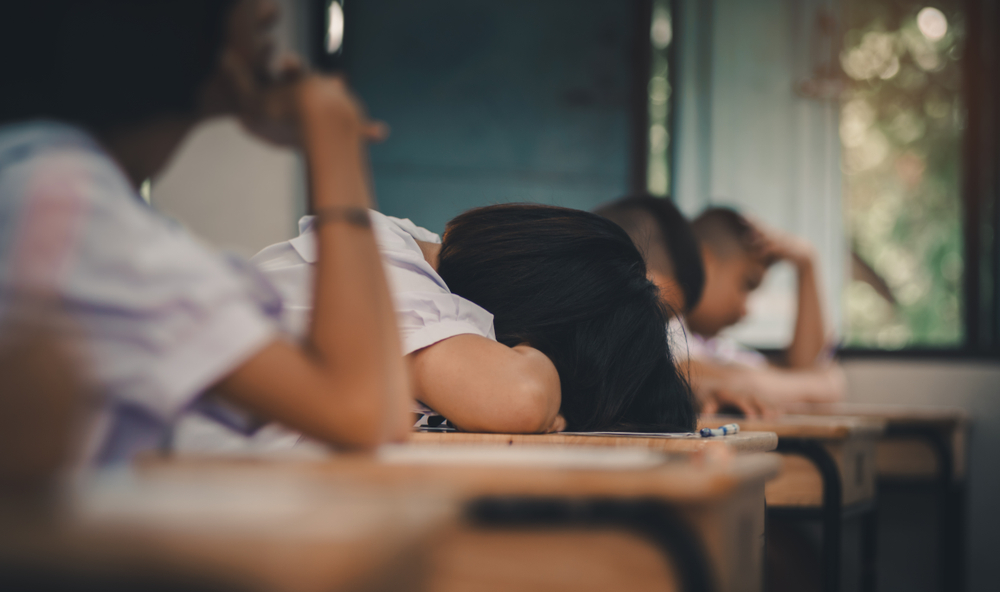Protecting young people’s mental health in the pandemic and beyond
Jade Foreman is a Parenting Practitioner at Young Persons Advisory Service (YPAS), a Liverpool-based organisation providing mental health and wellbeing support and services for children, young adults and families throughout Merseyside. For World Mental Health Day, we invited her to share her thoughts on the state of mental health in young people and what we can all do to help.

First and foremost, let’s start off by talking about mental health. So what is mental health? We know that looking after your mental health and wellbeing is extremely important, and certainly worth making time for. Mental health is on a continuum – my mental health will likely look different to yours, and how yours looks today could be very different to how it looks tomorrow. It’s complex, fluid, and despite some people’s protests – it’s real.
How did the pandemic affect our mental health?
Throughout the pandemic, people’s mental health suffered – and young people were disproportionately affected. The pandemic turned their whole world upside down, changing their experiences, real-world connections, and creating feelings of uncertainty, which left them lonely, isolated, anxious, and fearful of the future.
As a result, mental health services noticed an increase in negative coping strategies, such as self-harm, suicidal ideation, and substance abuse.
With the unprecedented disruption schools faced, there has naturally been a significant uptick in school-related issues. Young people don’t feel they’re getting enough support and are often too anxious to attend school.

Did COVID-19 cause your role at YPAS to change?
The work I carried out with YPAS changed over the course of the pandemic, as more and more parents came to me concerned and worried about their children – while experiencing poor mental health themselves.
Consequently, the resources I’ve shared with them have adapted, as I’ve worked towards normalising the difficulties everyone has been through the last couple of years. I also spent more time referring people to appropriate services or interventions for support.
I think that as we come out of the pandemic and slowly come back to normality, it can be a scary time for children, young people, and even adults. Those negative thoughts, feelings, and coping strategies don’t go away just because the world is falling back into some form of routine. Therefore, it is important to recognise the struggles everyone has been through, especially children and young people.
Are young people getting the help they need?
I believe that inevitably there has been an increase in the support children and young people need, and services have been working with these individuals to improve their mental health and wellbeing. Consequently, I do think that young people’s mental health is improving, thanks to all the exceptional, hard-working professionals that have continued supporting people throughout and following the pandemic.
I am seeing young people try their hardest to improve their mental health. Even though their strategies are sometimes unhelpful and negative, they still deserve recognition as they are trying to improve things for themselves.
A lot of children and young adults are either accessing support themselves via services like YPAS or schools are referring them after noticing them struggling. Alternatively, parents are seeking support for their children and themselves, so they can learn how to help their children. It is amazing to see the stigma around mental health reducing, resulting in more people seeking out support services – especially from a parent service perspective. Accessing help services has become more normalised and validated, and more parents are getting support for their children and themselves.
How does YPAS tackle the youth mental health crisis?
YPAS is a fantastic organisation that embodies multiple services, enabling us to work with children and young people of all ages, from two- to twenty-five-year-olds. We offer therapy, information, advice and guidance, wellbeing support and group sessions for children. Furthermore, we provide LGBTQ+ individuals with sessions with GYRO – the longest-running LGBTQ+ youth group in the UK.
We also run a parent service, where parents can access groups for themselves where they have a safe space to connect, apply some self-care, and access support. Our “tea and talk” sessions and wellbeing parent walk started this month and will incorporate different themes to give everyone the chance to express themselves.
Moreover, it’s important to me that children, young people, parents, and families have a voice regarding what is working within our services and what could be improved. To do this, we involve them in interview panels and encourage participation in service development.
To assist in our growth, the Peer Action Collection (PAC) team – a group of young people – are designing and conducting research on young people’s experiences of violence. Its intention is to help young adults around Liverpool make their communities a safer fairer place, and provide mental health support and employment opportunities.
How does YPAS reach vulnerable young people?
Our social media champions group is a selection of professionals involved in marketing new developments, groups, and helpful tips for looking after your mental health and wellbeing. We share our content widely on Instagram, Facebook, Twitter and Tik Tok so it will reach many children, young people, and adults.
The information we share across social media resonates with many people as it discusses current struggles, applying self-care and normalising struggles we all face. What’s so important for me is that our content helps to lessen the stigma faced by people wanting to access support. I think we could all talk about mental health a lot more and help normalise the entire concept.
What’s next for YPAS and mental health support?
I believe more professionals, including teachers, could get more training in understanding mental health. Validation, normalisation, and reassurance are key qualities to have for supporting someone with mental health, and essentially, should be trained everywhere.
In a broader setting, I believe that services like YPAS that offer mental health support should be advertised on the news more, featured in more articles, and shared globally to express how important it is to look after your mental health. It could teach people what mental health is, how to take care of themselves, ask for help, further reduce stigma, and crucially, encourage people to be kind.
For mental health support in Merseyside, YPAS are available over the phone on 0151 707 1025 or on their website. For youth mental health support 24/7, you can get in touch with Shout by texting ‘YM’ to 85258, or you can call Childline on 0800 1111.
People of all ages can get 24/7 support from the National Suicide Prevention Helpline, available on 0800 689 5652, and the Samaritans on freephone 116 123.
